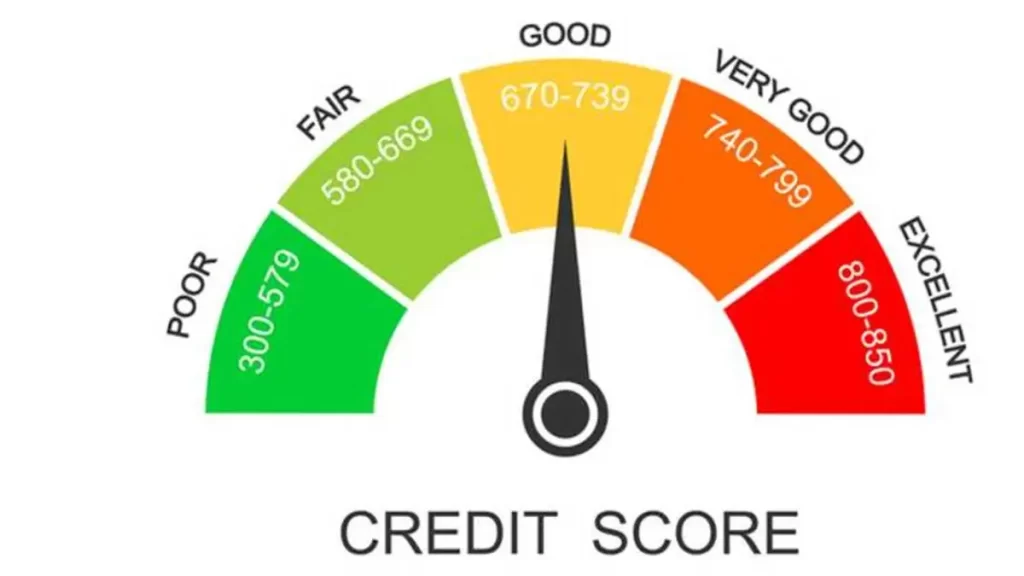
A good credit score might get you a mortgage or a car loan, or even just a mobile phone contract. If your credit scores are low, it can take time and a lot of effort to improve them, though you can help things along by making sure you do a few basics right.
Paying your bills on time and keeping credit card balances low may be some of the most important steps you can take, but other credit tricks of the trade are out there too, specifically designed to help you build or repair your credit.
Pay Your Bills on Time
Your payment history accounts for 35 per cent of your credit score, and even being a few days late on a monthly payment can take a big bite out of your credit score. Payment history is so important in your credit score that it’s worth contacting your bank to see if you can set account reminders, and setting up auto payments with your creditors and lenders. Also, it helps to contact your creditors directly if you have a delinquent account and are struggling to pay your bills on time, even temporarily. If you manage to get the account off your credit report, that can be enough to improve your credit score. Try to keep overdue balances on revolving credit accounts (such as credit cards) at a minimum, relative to your total credit limit (called your credit utilisation). You can do this by keeping balances low and by bringing balances down through paying down debt, as opposed to shifting them around. You can expect to see a gradual rise in your credit scores, if you have been able to undo some of the harm caused by past credit mishaps, although it could take time. You will see an improvement every month if you’re making your payments on time and can keep your balances low and refrain from taking on new credit.
Keep Your Credit Utilization Low
Few credit experts are willing to accept just-above-bankruptcy balances, however. ‘We encourage our clients to keep their utilisation ratio under 30 per cent,’ Charles Tran, manager of credit-consultancy company Vantage Score, told me. This maximises clients’ credit scores, which is why it’s important to check yours closely on a regular basis ‘and make sure that, if your balances are near a limit, make a payment, so you are not sitting right at the brink.’ The simplest magic spell: pay your credit card balances before your billing cycle ends every month, and your card-issuer can report a zero balance to the credit bureaus each month. A way to lower your credit utilisation, as with getting rid of excess debt, happens when your issuer raises your line. Ask for this in a phone call and, depending on your card, it could be on your account in less than 60 seconds. You could set balance alerts on your cards, so any time you spend, your credit utilisation won’t be lifted higher.
Open New Lines of Credit
A good credit score will get you a mortgage, personal loan, auto loan or other line of credit, as well as the best possible interest rate. Depending on the circumstances, a poor credit score drastically reduces your chances of getting a loan, of renting an apartment, or even of getting life insurance. Minimising your debt load and the timing of payments are not, however, nearly as important as having a long length of credit history or a good credit mix: the mix of multiple types of credit accounts, including types of installment loans and types of revolving accounts. Newer lines of credit can help you here, just be sure to add them slowly and sensibly. Do add them too quickly and you will indeed reduce your credit score because you run the risk of increasing your credit utilisation ratio (the percentage of your available credit that you’re currently using). It’s best to wait at least six months in between adding new accounts so the agencies don’t see too many hard inquiries and ding you.
Avoid Hard Inquiries
If you do see one, there’s not much you can do to get rid of a hard inquiry. You’ll put one on your credit report any time you apply for a loan or new credit card; that applies to New Horizons. You have two years to let it go, and it may result in a drop of a few points in your credit score, which will also diminish in time. It’s fine if you have hard inquiries on your report, but it isn’t good if you have four or five in one month. Having too many hard inquiries in a small amount of time could raise a red flag to lenders, who’ll think you’re not shopping around for a loan – you’re just applying for credit willy-nilly. And they’ll think you’re less likely to repay your loan. This will head off unavoidable hard inquiries, as only apply for credit when you’re in a clear need, can afford it, and have a plan for paying it off. Also, you can check your own credit score using a soft inquiry, or you can use prequalification tools to shop around for rates for the purchase of a home mortgage, auto loan or personal loan before you apply for credit. Many credit scoring models treat multiple hard inquiries for the same type of loan made in a short span of time as a single inquiry, reducing the impact on your credit.


